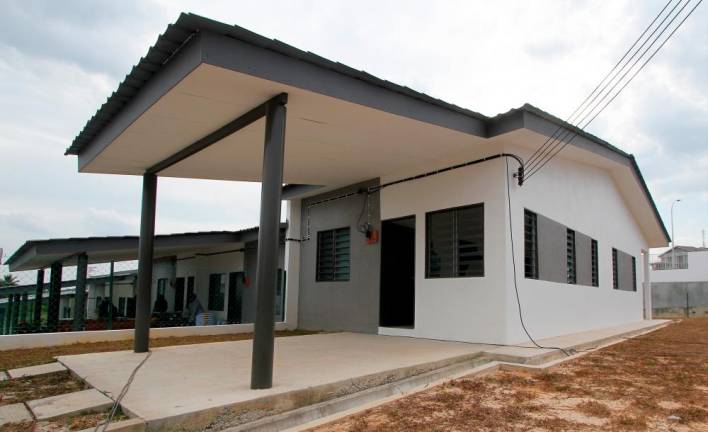PETALING JAYA: Households’ purchasing power has been adversely affected by the Cobid-19 pandemic, Jarud Romadan Khalidi who is a researcher at Khazanah Research Institute (KRI) said today.
Along with the cancellation of pasar tani, pasar malam and bazaars due to the Movement Control Order (MCO), the livelihood of low-income households in urban areas has taken a big blow, he pointed out.
“Moreover, unemployment has surely increased e.g. almost 50% of self-employed respondents from DOS’ survey on the effects of Covid-19 reported to have lost their jobs,” he said in a statement.
“These economic pressures have been compounded by school closures for poor households as their children miss out on foods provided under feeding programmes such as the RMT worth at least RM15.50 per child per week, or almost RM100 for the six-week-long MCO.”
Jarud said the actual amount spent by parents to feed children is probably higher after taking into account the travelling costs and the higher price of retail foods considering that schools purchase in bulk.
To cope, hard-hit families are being forced to deplete their already limited savings, ration food consumed by household members and forego other essentials he added.
The researcher suggested the adopting of innovative approaches to school feeding. To do this, food delivery models should be in line with MOH recommendations on nutritionally balanced meals as well as Covid-19 physical distancing and precautionary measures, including sanitation, he said.
“In the US, several districts in Michigan and New York are arranging food deliveries by bus to bus stops or homes, while in South Carolina, food is provided at specific sites. To feed our children, we will need to be flexible and adapt to local situations to ensure nutritional assistance is received by all.
“For example, in red zone areas, on-site food collection may not be recommended. Such initiatives can mobilize school bus/van operators not operating during the MCO to help distribute food,” Jarud said.
Additionally, schools can become centres to distribute food, granted they meet all the recommended health measures, he suggested.
Schools should have the necessary information on students and can thus assist the relevant authorities in reaching them, he said.
“A complementary approach is to increase cash transfers to affected households, especially as the duration of the MCO has been tripled following the initial announcement of Prihatin relief measures.
“To ease the burden for low-income families with children, the children’s supplement of the Bantuan Sara Hidup should be increased. This would reach more households rather than just those with children in school feeding programmes. However, some low-income households may still be left out. Thus, direct cash assistance to the poor may be more necessary than ever,” he added.














